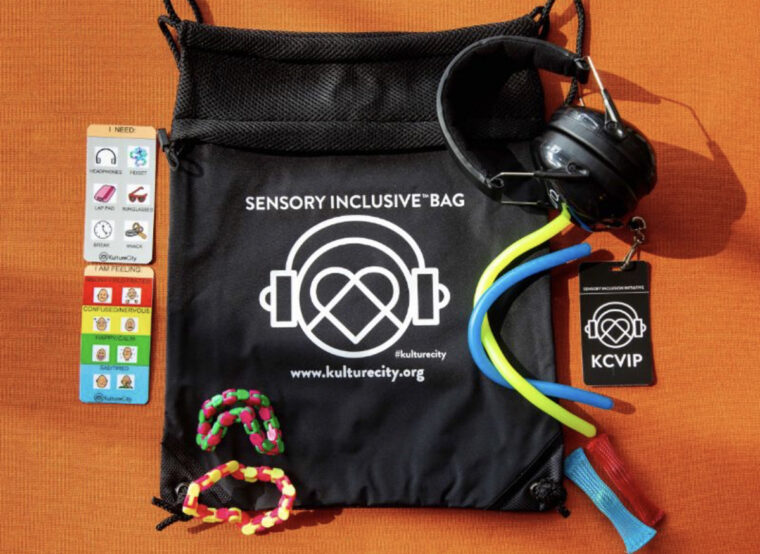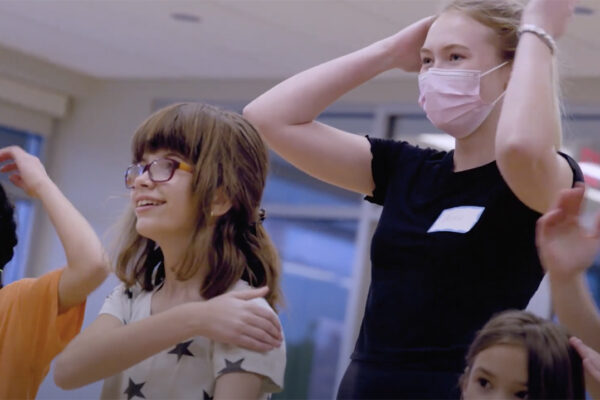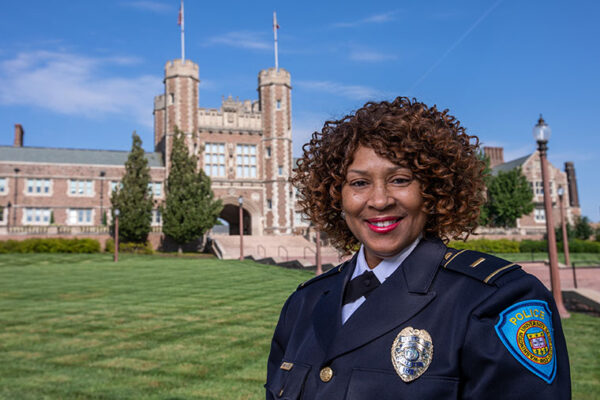The Washington University Police Department (WUPD) has completed training through the nonprofit KultureCity to recognize and support people experiencing sensory overload situations during police interactions. In addition, WUPD vehicles are now equipped with sensory bags, which include noise-canceling headphones, fidget tools, verbal cue cards and weighted lap pads.
The training helps officers better identify the actions of a person experiencing a sensory overload crisis, Washington University Police Chief Angela Coonce said.
“There are many people with autism-related sensory needs, dementia, post-traumatic stress disorder and other conditions,” Coonce said. “The training gives our officers the tools to respond better to our community and help relieve the stress they may be experiencing from a sensory overload situation.”
KultureCity, a leading nonprofit committed to improving accessibility for people with autism and other invisible disabilities, has certified about 550 businesses, performance and sporting venues and other organizations.
Shantay Bolton, executive vice chancellor and chief administrative officer, said the Kulture City training is part of WUPD’s broader effort to improve its response to crisis-related calls.
“Transformational change requires intentional action to foster a diverse environment and build on our inclusive culture,” Bolton said. “Unique approaches like our partnership with KultureCity to improve accessibility is a manifestation of this change.”



